Orthodox Christmas 2017: Photos, Facts About Greek, Russian And Serbian Church Celebrations
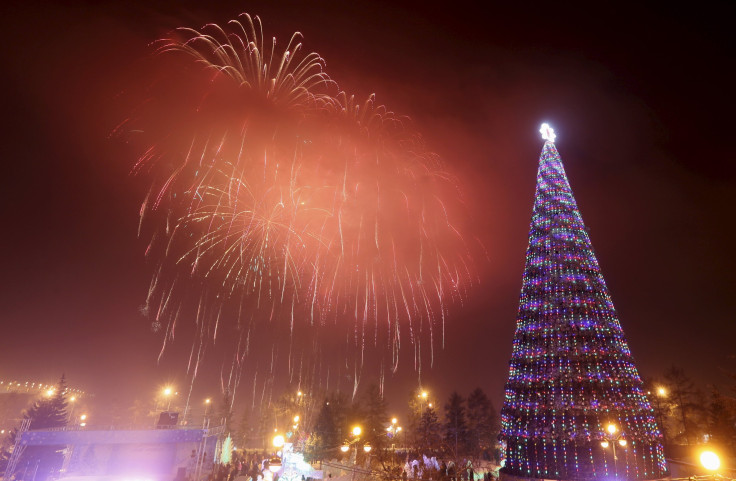
Because most Orthodox Christians celebrate Christmas two weeks after Western churches, holiday festivities are still happening around the world. Orthodox Christians, Greek Catholics and Coptic Christians will observe Christmas this Saturday everywhere from Russia to Israel to Canada.
"This joyful time of year is an opportunity to gather with family and friends to reflect on the many blessings in our lives. It also gives us a chance to reaffirm our commitment to live in a peaceful, inclusive society," Canadian Prime Minister Justin Trudeau said in a Friday news release. "Let us also use this occasion to show greater compassion and humanity to those most vulnerable, at home and around the world."
Here's what you need to know about the holiday.
Why is it celebrated Saturday?
Pope Gregory XIII made the Gregorian calendar, or “Western calendar,” in 1582, but not everyone switched over from the Julian calendar created under the rule of Roman leader Julius Caesar. In the Gregorian calendar, Christmas is Dec. 25 — which translates to Jan. 7 on the Julian calendar.
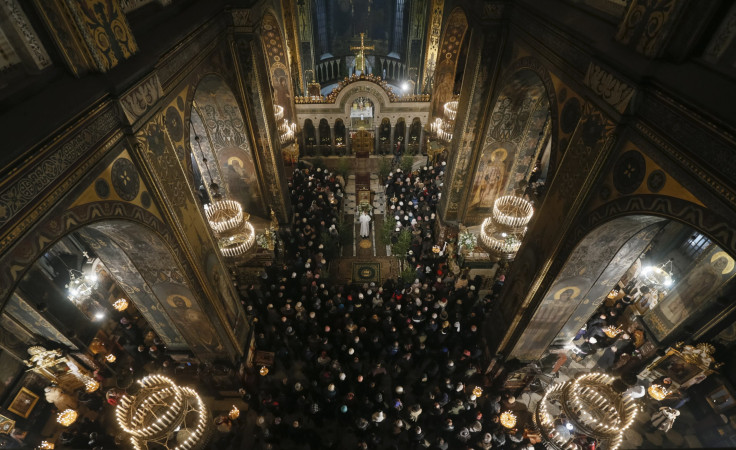
Who celebrates Christmas in January?
Fifteen Eastern Orthodox churches, including ones in Ukraine, Georgia and Serbia, recognize Christmas annually on or near Jan. 7. Ethiopian and Egyptian Coptic churches observe the holiday during the first month of the year, as well, as do more than 80 percent of Orthodox Christians living in Russia, according to ReadtheSpirit.com.
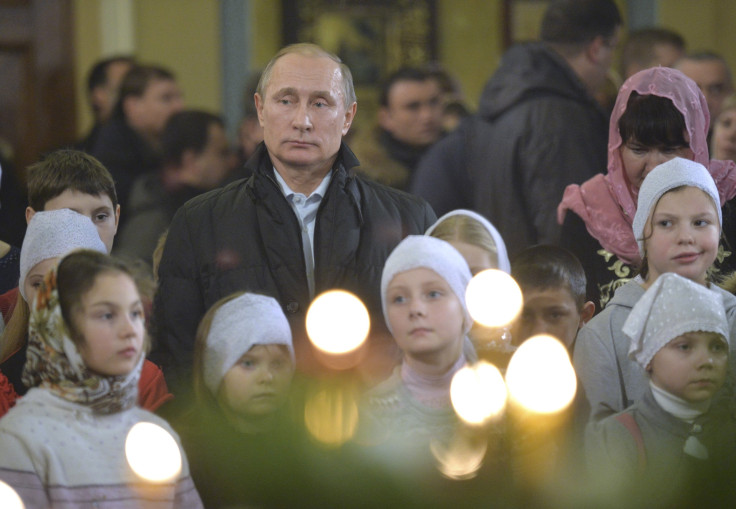
How is it different from Christmas in the West?
Orthodox Christians celebrate Christmas differently from Western customs, according to the Christian Post. While traditions like putting up the Christmas tree and giving gifts happen during both holidays, the Orthodox Church stresses the spiritual side of the season.

Fasting and charity are prominent features of the Christmas season for Eastern Christians, along with numerous services of worship.
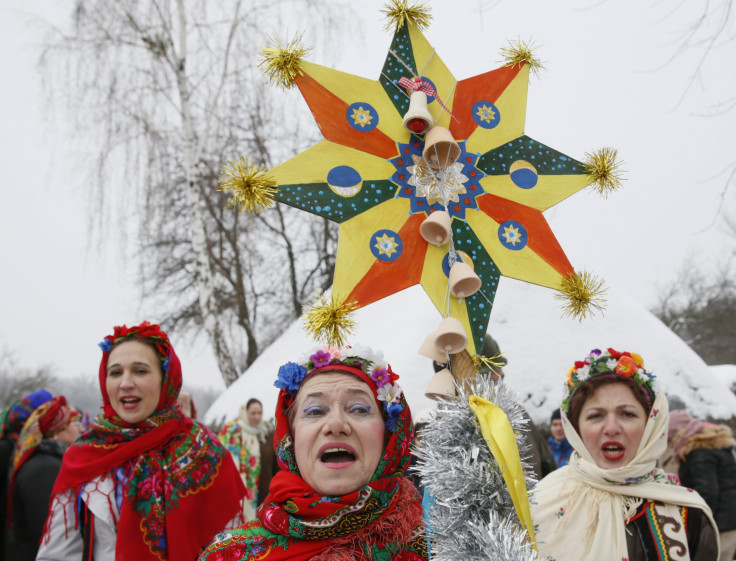
What is the Eastern Christmas feast like?
While meat is a staple during holiday lunches and dinners in the West, many Orthodox Christians refrain from eating such products during the holidays. Celebrations also involve the setting of places at the table for the spirits of relatives who have died and a 12-course Christmas Eve dinner with beets, potatoes and pierogies, according to CBC.
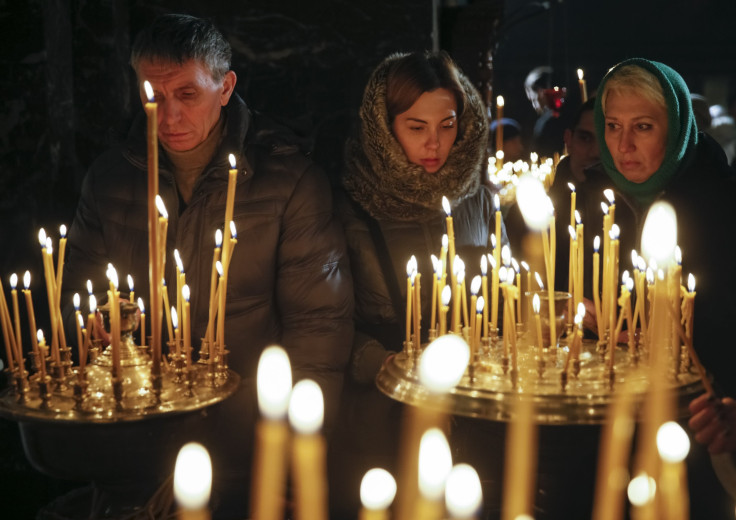
© Copyright IBTimes 2024. All rights reserved.






















